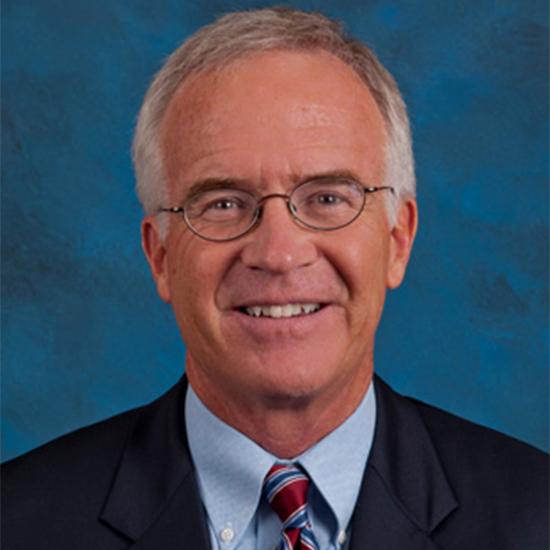Nootbaar Institute Founder Robert Cochran Releases New Book Examining Challenges and Opportunities for Christians in the Legal Profession

Robert Cochran, professor emeritus and founder of Pepperdine's and co-founder of the Global Justice Program and the Union Rescue Mission Legal clinic, recently published his new book, The Servant Lawyer: Facing the Challenges of Christian Faith in Everyday Law Practice, which explores practical insights for Christians seeking to be faithful in their legal work, as well as the rest of their lives. Drawing from his experiences in the law office, the courtroom, and the classroom, Cochran examines Jesus' call on lawyers to serve both individual clients and the common good and is an insightful source on both the opportunities and the challenges law practice presents to the Christian faith.
“The book grew out of my 40 years teaching legal ethics and law and religion courses at Pepperdine Caruso School of Law, and the University shares credit for the book’s development as it supported my research in these areas,” Cochran says. “Throughout my years of practicing law and teaching at Pepperdine, I had many conversations with friends, students, and alumni about the challenges of being a Christian and practicing law, and this book is an attempt to pass on the fruit of those conversations.”
The book is woven with stories from Cochran’s career, as well as writings and examples from other members of the legal community, to address a variety of challenges in law practice, including counseling clients, planning trial tactics, navigating tensions with coworkers, and handling temptations toward cynicism and greed. Incorporating thoughtful wisdom, real-world situations and relationships, and practical advice, the book is an encouraging vision for how lawyers can apply their Christian faith and values in their work.
Throughout The Servant Lawyer, Cochran illustrates the dynamic roles and responsibilities Christian lawyers should demonstrate when acting as stewards of the law, including serving as counselors, advocates, peacemakers, and reconcilers. The book, according to Cochran, is for lawyers, law students, and pre-law students who want to explore how everyday law practice might fit God’s plan for them and for this world. Cochran hopes they can view their profession as a service to God and their fellow man.
“I hope they will come to see how their work fits within the full biblical worldview of the creation, the fall, and redemption,” he says. “For example, much of a business lawyer’s work is a response to God’s call at creation for us to exercise dominion. Much of a litigator’s work is a response to the fall, to the need to restrain evil and seek justice. Such a view would give lawyers a greater sense of meaning in their work and help them discern when they should resist what might be the standard responses of lawyers to situations.”
Over the course of Cochran’s illustrious legal and teaching career, he has made significant scholarly and programmatic contributions to Pepperdine and championed the exploration of Christian perspectives on law. His work has had a profound impact on the flourishing of Christian legal scholarship, and he has counseled many on how to integrate a faith-based perspective into their own scholarly endeavors. Cochran credits much of the success of his research and writing to Pepperdine and is grateful for the University's unwavering support and its nurturing environment for his work.
“Pepperdine supported my exploration of the relationship between Christian faith, law, and law practice by several means over the course of my career,” Cochran explains. “The most important means was gathering a community of students and faculty who were interested in such issues.” He adds, “The University also supported me throughout my career in scholarship concerning religious influences on law, and I’m not sure I would have had the courage to write such articles and books if I had taught at a secular law school.”